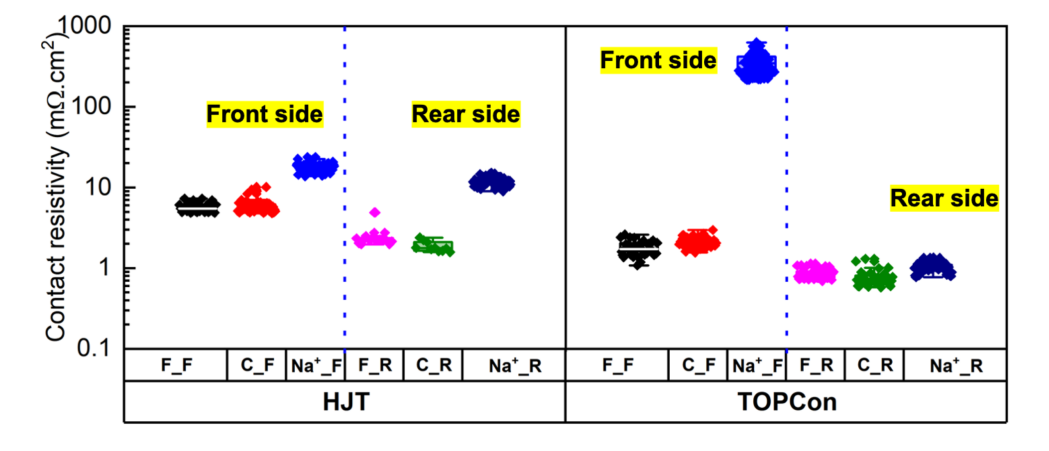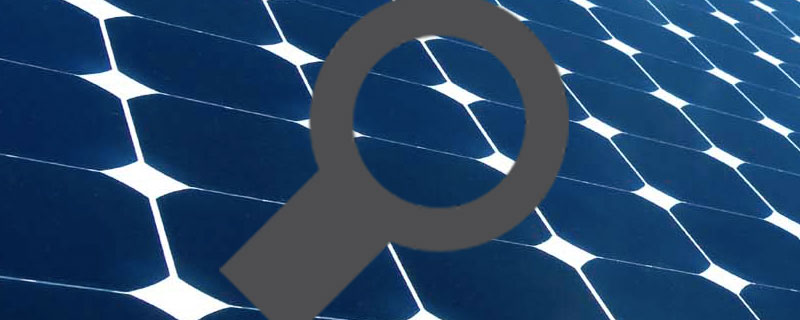With an unprecedented 80+GW of unsold PV modules A and B grade solar panels in stock in warehouses around Europe (source: PV Magazine), residential installers benefit from low bulk solar panel prices (~USD 0.16 /W) and fast lead times in the months to come. But why are utility-scale developers still procuring modules directly from the factories?
The short answer:
Developers of large PV projects need certainty about the origin of raw materials, and can’t afford to purchase PV modules that contain defects.
Why buy ‘made-to-order' PV modules?
At Sinovoltaics we recommend our clients to procure their modules made-to-order to enable full insight in the quality bought and the origin of raw materials. At the same time, we understand that buying solar panels from stock comes with one major advantage: Quick availability/lead times. Although it’s not recommended to buy cheap solar panels from stock without proper procedures in place.
If you’re comfortable in taking the risk of buying PV modules that are not fully tested, the following is a recommended procedure to buy acceptable quality stock modules and possibly bring down the cost of installing solar panels.
First, we will discuss the elements that cannot be verified when buying modules from stock:
X BOM vs CDF: usage of solely certified materials
One of the most important parts is the verification of the use of certified raw materials: during our inspections at the production, we always verify whether the raw materials used for the production are certified according to the CDF.
An in-depth article on BOM vs CDF can be found here. The only time when you can verify the use of certified materials is during production. After production, it is practically impossible to see for example which brand and type of backsheet is used.
X Calibration of testing equipment
The second element that can only be verified during production is the calibration of measurement equipment.
X Calibration EL Imaging equipment
A good example is the EL imaging equipment: we often get requests to review EL images that clients receive from their supplier. It often happens that the quality of the EL image is too blurry to see defects such as micro-cracks.
The only way to prevent this is to be present during production and ensure that the EL camera captures only high-quality EL images.
X Calibration IV testing equipment (flash test)
The calibration of the flash-test equipment is important as well: the primary and secondary reference modules used at the factory should have no abnormalities to ensure that the flash results are valid.
The main advantage of performing an inspection during the production of the modules is that all issues regarding quality and performance can be found and solved before shipment, preventing a lot of potential problems once the modules arrive on-site. Replacing defect modules on-site at your PV project is much more costly.
So which Quality Tests CAN be performed when buying PV modules from stock?
When you are procuring already produced modules from a warehouse, we would recommend the following inspections and tests to verify the quality:
Step 1 - 100% EL review
The most important and effective method is the review of all (100%) EL images of your order. With our proprietary EL software SELMA we are able to review all EL images of your whole order in a matter of hours and mark the modules that are not conform the agreed EL criteria.
Once the defective modules have been marked, you can request the supplier to replace these. And because nobody has to physically inspect the modules, this option is rather cost-effective.
Step 2 - Verify Flash Test (IV test) results
A second option is to verify the flash results, when buying modules you will always receive a flash-list of all modules in your order from the supplier.
When buying solar panel manufacturers stock it is not possible to check the calibration of the measurement equipment in the factory, therefore we would recommend sending several samples to an external laboratory to have the flash results verified.
For this, you should select several random samples and compare the results from the flash test from the supplier with the flash test results from the external laboratory.
Once both flash test results match within the tolerances, you can be confident that the flash test results from the supplier are valid. The number of samples depends on your order size. Sinovoltaics solely works with the most reputable testing laboratories, such as the ones from TUV Rheinland and Fraunhofer.
Step 3 - Mobile testing lab
A third option is to have several samples tested by a mobile lab, such as the one from Solar Tester in the Netherlands. A mobile lab is usually capable of performing an EL test, flash test, and visual inspection.
If you already opted for a 100% EL review by Sinovoltaics, you can have the mobile lab solely test for Power output (Pmax) and a visual inspection.
Another benefit of a mobile lab is that modules do not have to be shipped to an external lab far away which could save you some valuable time.
Conclusion
Buying solar PV modules from stock comes with significant risks, however, there’s also a clear upside: quick delivery. While some of the risks cannot be mitigated when buying modules from stock, such as the usage of certified materials and the high cost of potentials replacements, there are a number of tests that can be performed to minimize your risk.
When you choose to have tests performed on the modules you are procuring from the supplier’s stock it is important to have Quality Criteria clearly defined and contractually agreed with the supplier. Having such Quality Clauses defined in your contract will give you a head start over other buyers that don’t have these clauses.
If you want to know more about the Testing Services on Stock Modules and PV equipment bought directly from the factories, feel free to contact us and our team would be glad to schedule a call with you.






